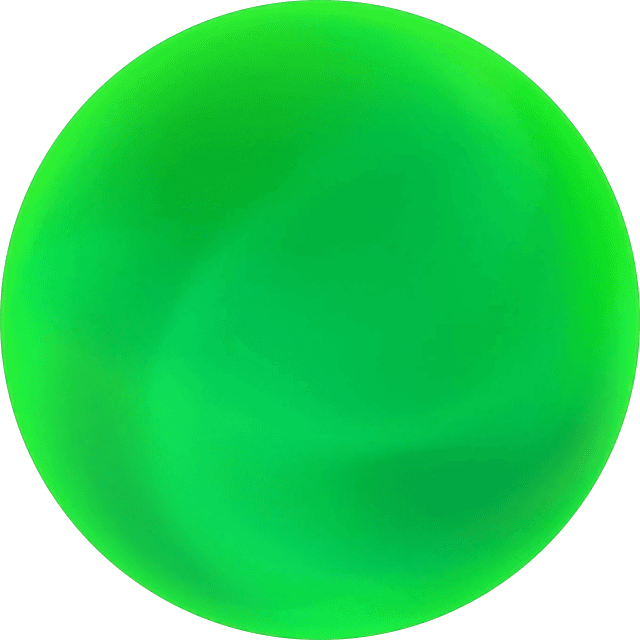12.04.21
Compartilhe
INFORME PROPRIEDADE INTELECTUAL | Prazo de vigência de patentes de 10 anos da concessão sob julgamento: liminar afeta o setor farmacêutico
Em liminar parcial concedida durante o Julgamento da ADI 5529, no dia 7.4, o ministro do Supremo Tribunal Federal (STF), Dias Toffoli, suspendeu os efeitos do parágrafo único do artigo 40 da Lei da Propriedade Industrial (LPI), que dispõe que o prazo de vigência de patentes não será inferior a dez anos para a patente de invenção e a sete anos para a patente de modelo de utilidade, a contar da data de concessão. A decisão, que tem efeitos ex nunc (os efeitos valem a partir da decisão), se aplica apenas a produtos e processos farmacêuticos e a equipamentos e/ou materiais de uso em saúde. A discussão da ação judicial, que justamente questiona a constitucionalidade de dito dispositivo legal, será retomada em breve e o resultado poderá ser revisto.
A questão gira em torno do prazo estendido de vigência da patente em função da demora do Instituto Nacional da Propriedade Industrial (INPI) em realizar o exame de mérito do pedido: o prazo normal de vigência previsto pelo artigo 40 da LPI – e geralmente empregado por outros países – é de 20 anos da data de depósito do pedido de patente, ao passo que, a patente concedida nos termos da previsão legal ora sob discussão acaba por viger por mais de 20 anos. Ocorre que, por questões históricas diversas, o prazo mínimo de vigência de dez anos, que deveria funcionar como uma exceção, acabou se tornando relativamente frequente em patentes de alguns setores tecnológicos. Apesar de o INPI já ter tomado medidas efetivas para mitigar o atraso nas análises e estar reduzindo com sucesso o chamado backlog (fila de pedidos pendentes de exame pelo Instituto), o que tornaria a presente discussão – já levantada outras vezes junto ao Judiciário –, sem sentido, o assunto ganhou força por conta da pandemia.
Independentemente dos interesses de cada lado da discussão, dos prós e contras da efetiva decisão, quando vier, e da repercussão da mesma no Brasil e no exterior, o que está sob os holofotes, do ponto de vista prático, é a partir de quando a decisão será aplicada, em caso de manutenção de entendimento de inconstitucionalidade. Ou seja, qual será o efeito sobre (i) as patentes já concedidas nos termos do parágrafo único do artigo 40 da LPI, (ii) os pedidos que foram depositados e já gozam de dito benefício, caso concedidos (os pedidos que foram depositados há mais de dez anos), e (iii) os pedidos que já foram depositados, mas não gozam de dito benefício (os pedidos que foram depositados há menos de dez anos).
A depender disso, os depositantes/titulares e a população serão mais ou menos diretamente afetados pela decisão.
Para mais informações, entre em contato:
Ana Paula Celidonio
ana.celidonio@ldr.com.br
Isabella Katz Migliori
isabella.migliori@ldr.com.br
Time de Propriedade Intelectual
pi@ldr.com.brIn a preliminary injunctive relief granted during the Court session of ADI 5529 on April 7, minister of the Supreme Court, Dias Toffoli, suspends the effects of the sole paragraph of article 40 of the Brazilian IP Law, which disposes that the term of validity of patents shall not be less than 10 years for patents of invention and 7 years for utility models, counting from the granting date. The decision, having ex nunc effects (the effects become in force from the decision on), is limited to pharmaceutical products and processes and equipment and/or materials for use in health. The discussion on the judicial action, which questions the constitutionality of said legal provision, will continue shortly and the result may be reviewed.
The issue revolves around the “extended” term of patent validity due to the delay of the Brazilian PTO (“INPI”) in carrying out the examination of the applications: the normal term of validity provided for in article 40 of the Brazilian IP Law – and generally employed by other countries – is of 20 years from the filing date of the patent application, whereas the patent granted under the terms of the legal provision now under discussion ends up with more than 20 years. It turns out that, for several historical reasons, the minimum term of 10 years, which should have been used in character of exception, ended up becoming relatively frequent in patents in Brazil within some technological fields. Despite the fact that the INPI has already taken effective measures to mitigate the delay in the analyzes and is successfully reducing the backlog, which would make the present discussion – already raised before the Judiciary –, meaningless, the matter gained strength due to the pandemic.
Regardless of the interests of each side of the discussion, the pros and cons of the actual decision, when it comes, and the repercussions of it in Brazil and abroad, what is under the spotlight from a practical point of view is when the decision would be applied, in the event of maintenance of the understanding of unconstitutionality. That is, what will be the effect (i) on the patents already granted under the terms of the sole paragraph of article 40 of the Brazilian IP Law, (ii) on the applications that have already been filed and would already benefit from this legal disposition, if granted (applications that were filed more than 10 years ago), and (iii) on the applications that have already been filed but are not under the benefit of this legal disposition (applications that were filed less than 10 years ago).
Depending on this, applicants/patent holders and the society itself would be more or less directly affected by the decision.
For further information, contact:
Ana Paula Celidonio
ana.celidonio@ldr.com.br
Isabella Katz Migliori
isabella.migliori@ldr.com.br
IP Team
pi@ldr.com.br


